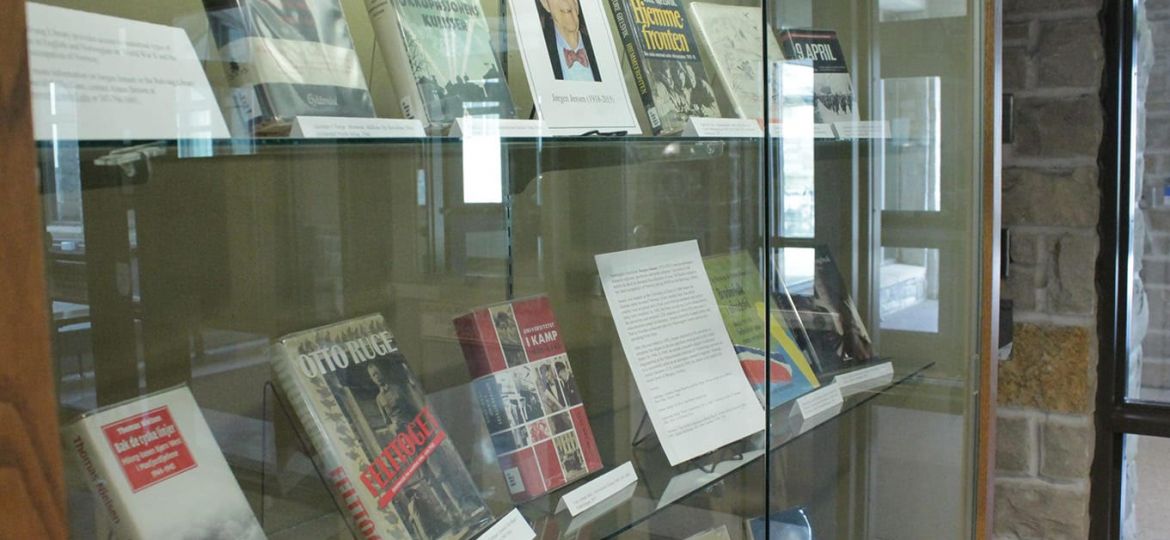
Rolvaag’s recall policy asserts that it exists to ensure equitable access for all students – yet this is clearly not its effect. What this policy does allow is as follows: a student like me checks out a new book to read. Another student decides they want the book and places a recall request. Suddenly, instead of having seven weeks to read the book, the original student must promptly return it in four days so the other student can have the book. Yet, the second student gets the book for the full period unless someone recalls it from them.
This is not equitable access – in fact, this privileges the person who recalls a book over the person who originally checked out the book. This recall policy does not achieve its stated objective of ensuring equitable access because it disadvantages the person who originally checked out the book (and even penalizes them with a fine if they return the book late).
The library notifies students of a recall via email. The library does not offer different notification methods such as texting or calling, nor does it check to make sure that a student has in fact received notification and is aware of the recall and new due date.
St. Olaf and Carleton’s recall policy is the most stringent that I am aware of. Compare our library’s approach to that of other schools listed below:
At Arizona State University, recalls are due 14 days after the recall request. This is a big difference in time and allows more opportunity for the original patron with the requested item to become aware of the recall. Vanderbilt gives students at least seven days after a recall to return an item. Penn State gives a user 10 days after a recall to return the item, and only charges a $3 fine per day. Harvard Law School’s library gives students seven days after a recall to return the item. It also guarantees that the student has had the item for at least 14 days in total. The fine is merely $2 per day. At Yale, patrons have 10 days to return the item and are only fined $2 per day.
My recall notice was sent on Sept. 25 and I returned the book on Sept. 30 (five days later). I stopped in the middle of my homework and returned the book immediately once I saw the recall email and was aware that it had been recalled.
“St. Olaf and Carleton’s recall policy is the most stringent that I am aware of.”
– Danny Vojcak ’20
This policy and approach is unfair. Many college students work minimum wage jobs during the school year or over the summer. For a student who earns $15 per hour, this policy makes it so that they lose $5, or 20 minutes worth of work time, for returning a book five days after it was recalled.
If we must keep the recall policy, we should:
• Give patrons the option to choose the best notification method for them
• Allow patrons at least one week to return items
• Lower the late fee charged per day
• Apply the recall policy only for items necessary for a class rather than all items.
Maybe we should all just start recalling any and all items that we can just to frustrate everyone else who uses the St. Olaf library and illustrate how absurd this policy is.
vojcak1@stolaf.edu
Danny Vojcak ’20 is from Naperville, Ill. His majors are environmental studies and political science.

